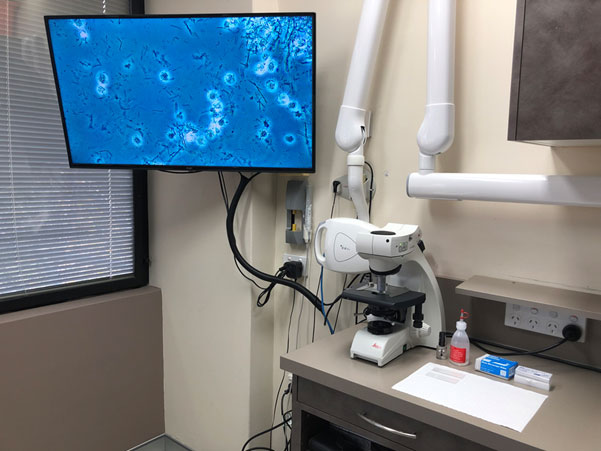
Good dental hygiene isn’t just about having a sparkling smile – it’s also important for your overall health. Poor oral health has been linked to a number of serious health conditions, including heart disease and stroke. That’s why it’s so important to take care of your teeth and gums. Here are a few dental care tips to help you keep your mouth healthy:
– Brush twice a day with a soft-bristled toothbrush.
– Use fluoride toothpaste.
– Floss daily.
– Eat a balanced diet and limit sugary snacks and make sure you’re getting enough calcium and other nutrients that are essential for healthy teeth.
– Visit your dentist regularly for checkups and cleanings.
Plaque is free floating bacteria, food debris and the breakdown products from the mouth. It is easily removed with light brushing. Dental biofilm is the scientific term for the dental bacteria that grow as a sticky layer on all surfaces in the mouth including the teeth, gums, tonsils, palate and more. It is more tenacious and needs more effort to e removed. However, it is this biofilm that causes cavities and gum disease as the biofilm moves underneath the gums. When fed with candy or ice creams the biofilm respond by producing acid that softens the tooth enamel. As the biofilm matures it encroaches further and further underneath the gums causing irritation and bleeding. That’s why it’s important to remove plaque every day through brushing and flossing. But let’s be honest, sometimes even the most diligent among us miss a spot or two. That’s where dental professionals come in. We have special tools and techniques to remove plaque, tartar, and other buildup from our teeth.
Every hygiene visit we will do a bacteria screening and biolfilm removal using Guided Biofilm Therapy. This is the best method we currently have for professional biofilm removal on teeth. However, when there is gum disease aka periodontal disease, no amount of cleaning and biofilm removal will eliminate the bacteria that have infiltrated the gums. These situations will require Laser Assisted Periodontal treatment to eradicate the bacteria and selectively remove the infected layer of gum tissue. Laser bacterial removal is an important part of oral care, and it can help to prevent tooth decay and gum diseases.
The best way to prevent gum disease is to practice good periodontal hygiene. This means brushing and flossing regularly and visiting your dentist for regular cleanings. It also means being aware of the signs and symptoms of gum disease so that you can seek treatment early. Some early warning signs of gum disease include bleeding gums, redness and swelling, and receding gums. If you notice any of these changes, be sure to see us right away. With early diagnosis and treatment, gum disease is highly treatable and can often be reversed.
With periodic monitoring of the oral biofilm, we can tailor the visits to make sure the bacteria are not pathogenic and there is no inflammation of the gums. Any changes as a result of poor hygiene or ill health can be managed by an individualised treatment schedule to maintain health. We look forward to seeing you and taking care of all your dental needs.

